The High Court in the British Virgin Islands has granted Chinese investors, Zhongshan, the authority to seize £20 million ($25 million) from Nigeria’s foreign-denominated assets. This decision is related to a failed trade zone agreement in Ogun State from the early 2000s during the tenure of then-Governor Ibikunle Amosun.
Justice Paul Webster, in a ruling on November 8, determined that Nigeria could not claim immunity from the enforcement of an arbitral award and subsequent judgment debt in favour of Zhongshan.
The decision was based on the terms of a bilateral investment treaty between China and Nigeria, which explicitly stated that “both contracting parties shall commit to the enforcement of the award.” The judge ruled that this clause represented “a written consent” by the Nigerian state.
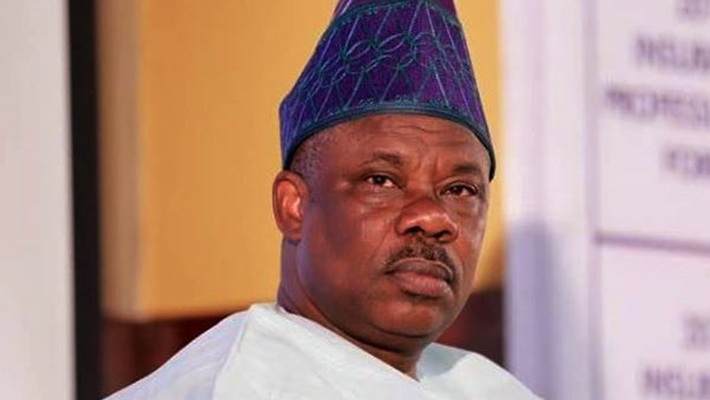
The judge ruled that under Section 13(3) of the State Immunity Act 1978, the British Virgin Islands must permit Zhongshan to enforce the judgment debt against Nigeria using assets in the UK.
This decision adds to a series of losses Nigeria has faced in foreign courts in recent years. After the initial ruling in the UK, courts in France, Belgium, Canada, the United States, and the British Virgin Islands, among others, have held Nigeria liable for the debt. They dismissed Nigeria’s sovereign immunity argument as baseless and unenforceable against Zhongshan.
Zhongshan was represented by Timothy Otty (King’s Counsel) and Lauren Peaty of Withers British Virgin Islands. The investors alleged that then-Governor Ibikunle Amosun abruptly withdrew from the trade zone agreement, detained them for weeks, and subjected them to torture by security agents under his orders.
Determined to seek justice, Zhongshan pursued legal action across multiple jurisdictions to compel Nigeria to pay for the failed contract. The company targeted Nigeria’s dollar-denominated crude oil earnings held at JP Morgan in the U.S. to enforce the $70 million arbitral award. However, Nigeria used legal maneuvers in American courts to delay the asset seizure.
READ ALSO: Miss Universe Chidimma Adetshina Quits Pageantry; Says Time to Focus on Herself
U.S. courts have rejected Nigeria’s claims of sovereign immunity, prompting the country to appeal to the Supreme Court. On November 7, Nigeria filed a writ of certiorari, asking the Supreme Court to review the lower court’s judgment. Until the Supreme Court decides whether to take up the case, the U.S. Appeals Court has barred Zhongshan from withdrawing funds from Nigeria’s JP Morgan account.
Meanwhile, Zhongshan has begun seizing Nigeria’s prized assets, including two guest houses in Liverpool, UK, and two aircraft in France and Canada, as part of its efforts to enforce the judgment.
Ibikunle Amosun, who initiated the trade agreement, claimed he was misled into signing contracts with the investors, whom he later described as fraudulent.
In August, the former governor admitted to failing to verify Zhongshan’s claims before entering into the agreement. However, he has not issued a public apology for the international embarrassment caused by his actions.
Follow Parallel Facts on WhatsApp Channel: https://whatsapp.com/channel/0029VaCQSAoHgZWiDjR3Kn2E



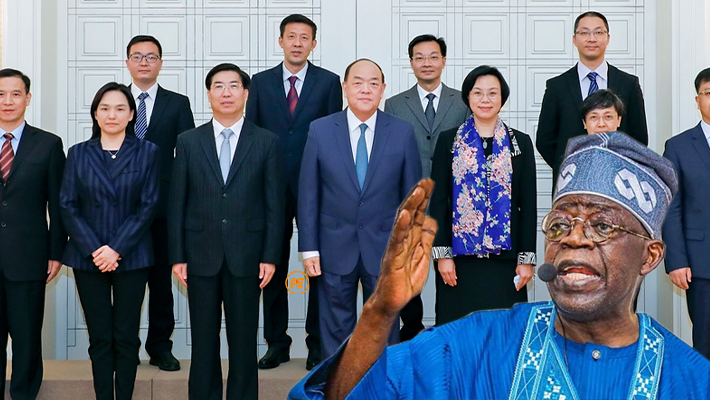
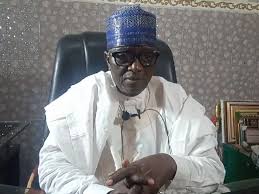
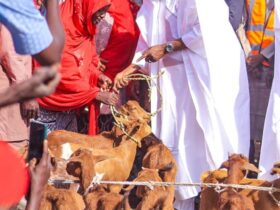
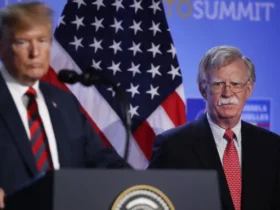
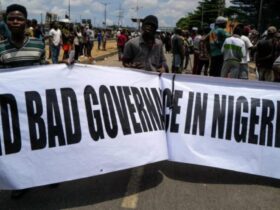
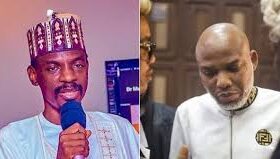
Leave a Reply